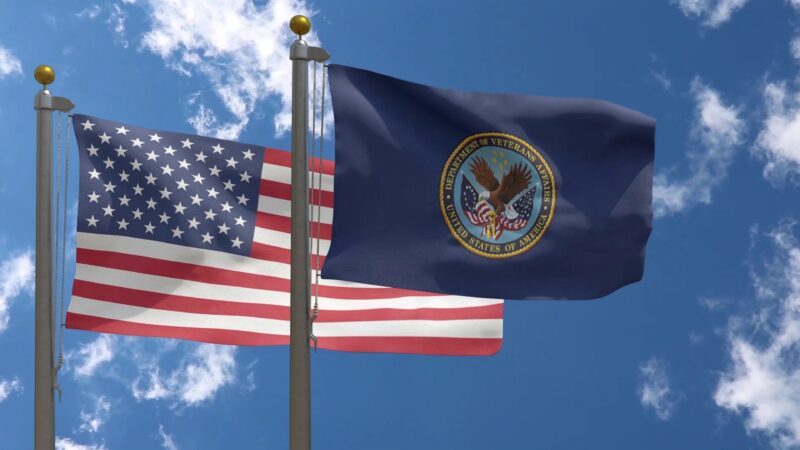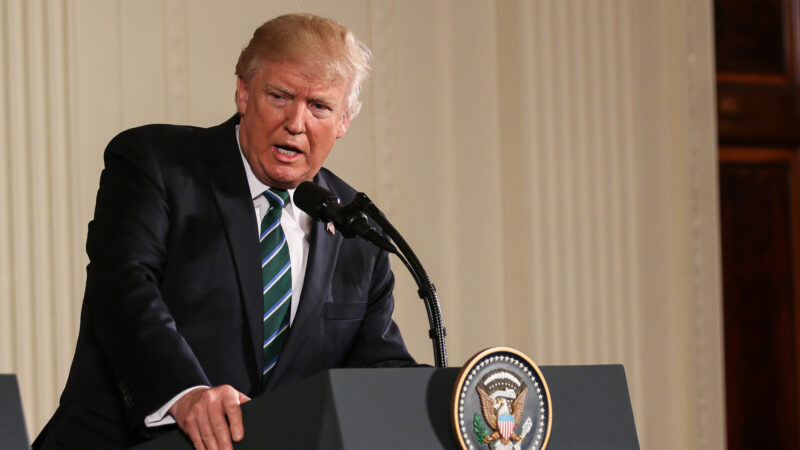Secured a nationwide injunction blocking border wall construction without congressional approval and helped enact power-of-the-purse legislation to ensure future presidents cannot circumvent Congress.
Defending the Rule of Law
Our Work
In the 21st century, democracies tend to die by the erosion of democratic norms and guardrails rather than at the barrel of a gun.
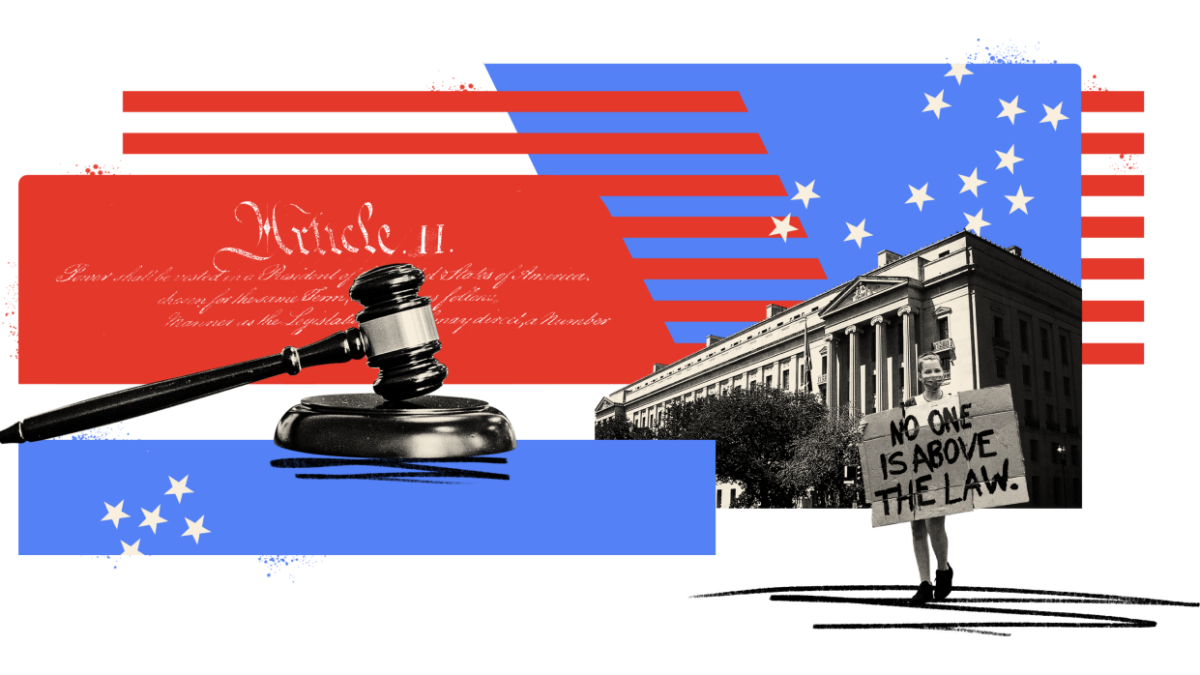
Would-be authoritarians often abuse their power, using it to eliminate checks and balances, quash dissent, target already marginalized communities, and deepen political divisions.
The Constitution and the laws we have built around it provide tools to constrain authoritarian behavior — but many of the norms and guardrails that help define our democracy are not written into law and are not self-enforcing. Together these restraints must be exercised (and strengthened) to prevent government officials from abusing their power and to ensure the law applies equally to everyone, from the most powerful to the least.
- Uphold the principle that nobody is above the law
- Ensure accountability for those who have attacked or undermined our democracy — regardless of their political standing
- Ensure meaningful checks and balances on executive power
- Stop abuses that target marginalized groups and their ability to participate in democracy
- Protect the ability of the public and the press to voice dissenting views
- Protect independent, non-politicized law enforcement and civil servant workforces
Helped prevent a sitting president from politicizing the Department of Justice to interfere in an election, in part through a multi-year campaign organizing thousands of Department of Justice alumni.
Impact in the News

Congressional Testimony: How to Strengthen Congressional Oversight Capacity Congressional Testimony:

Service secretaries and retired four-star admirals and generals file amicus brief on Los Angeles military deployment
On behalf of the following service secretaries and retired four-star admirals and generals, Protect Democracy highlighting the risks of Los Angeles military deployment.
June 12, 2025

The Myth of Presidential Impoundment Power
We correct mischaracterizations of the history of presidential impoundments and demonstrate that there is no inherent presidential power to impound.
March 14, 2025
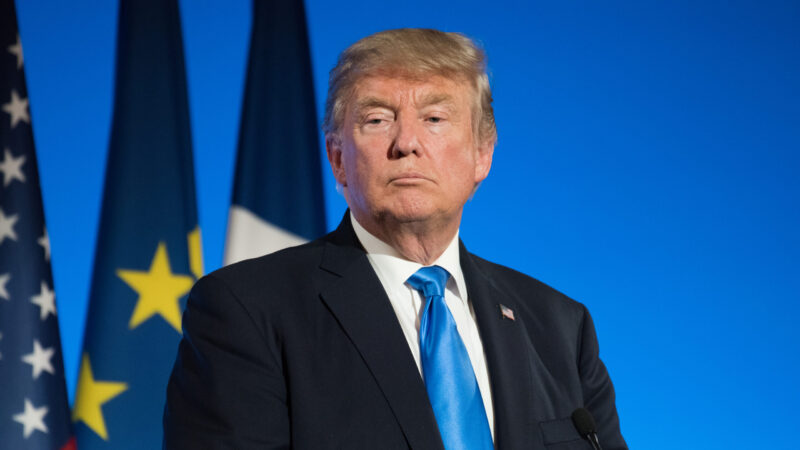
Checking the Pardon Power: Areas of Abuse
To determine whether a president abuses the pardon power requires assessing whether a pardon violates constitutional provisions or principles and thus upsets the constitutional order.
April 11, 2024
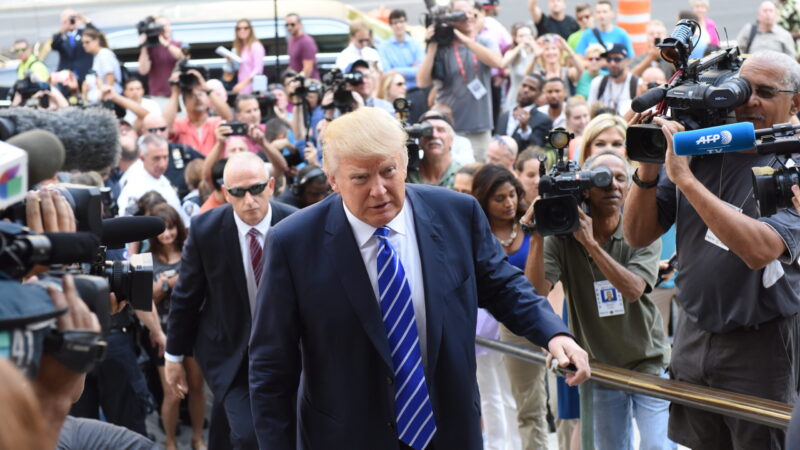
Checking the Pardon Power: Preventing & Responding to Abuse
As with any abuses of executive power, each branch of government must protect the Constitution against abusive exercises of the pardon power.
April 11, 2024
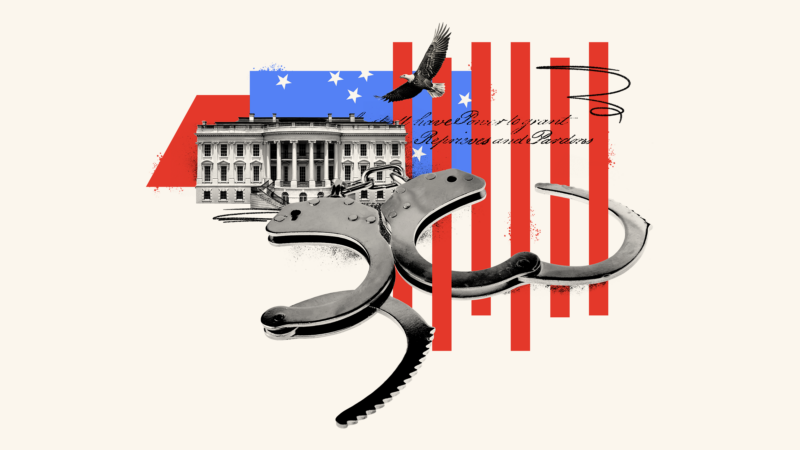
Checking the Pardon Power
This paper reviews an array of limitations on the presidential pardon power.
April 11, 2024
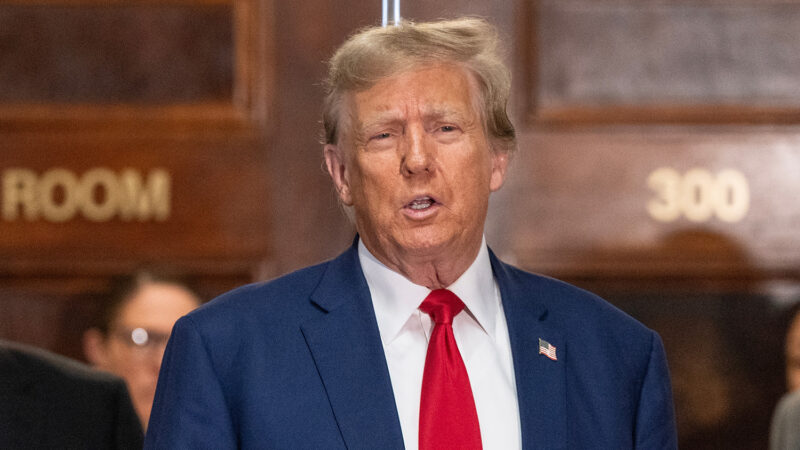
Prosecuting Political Leaders During an Election
A framework for understanding when it’s appropriate to prosecute a candidate for public office
April 3, 2024

Punishing Corporate Expression: Distinguishing the Abuse of Government Power from Politics as Usual
This brief aims to better equip business leaders to identify when actual or threatened government action in response to corporate expression crosses the line.
September 15, 2023
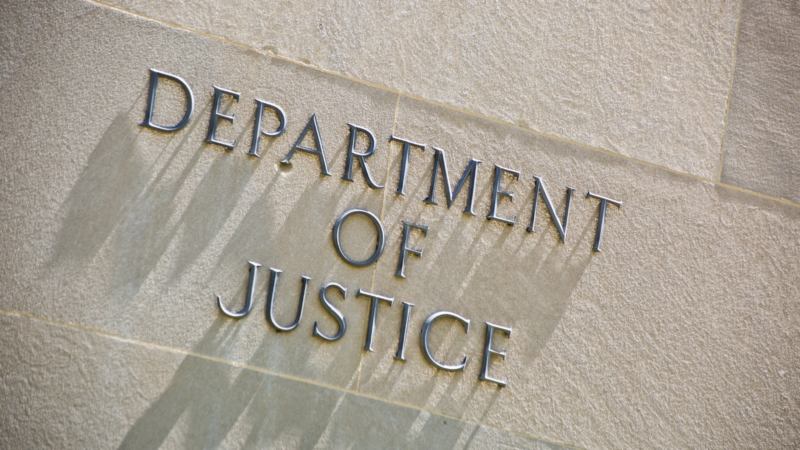
Investigating and Prosecuting Political Leaders in a Democracy
How to assess the difference between a political investigation and one bolstered by the rule of law.
May 9, 2023

Limitations on the Use of the National Guard
for Federal Law Enforcement Missions: A Primer
Protect Democracy explains the limitations on the use of the National Guard for federal law enforcement missions.
August 1, 2020
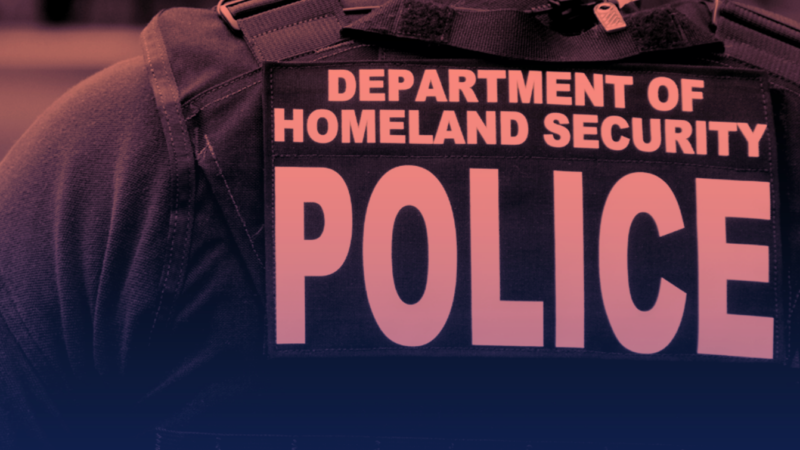
Legal Challenges to Improper Deployment of Homeland Security Forces: An Explainer
Protect Democracy breaks down 40 U.S.C. § 1315—the purported legal basis for the Trump administration’s deployment of unidentified DHS agents to Portland, Oregon, in July 2020.
August 1, 2020
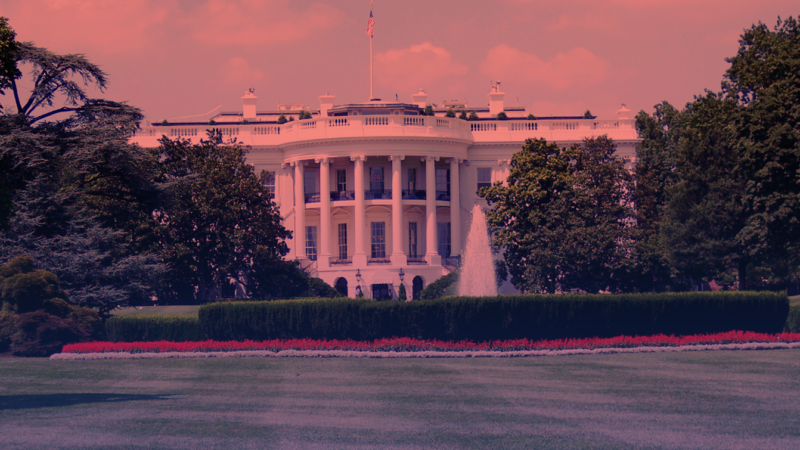
Legal Challenges to an Invocation of the Insurrection Act: A Primer
Protect Democracy’s litigation memo analyzing the Trump administration’s threatened invocation of the Insurrection Act in the lead-up to the 2020 election and any potential legal challenges.
July 1, 2020

